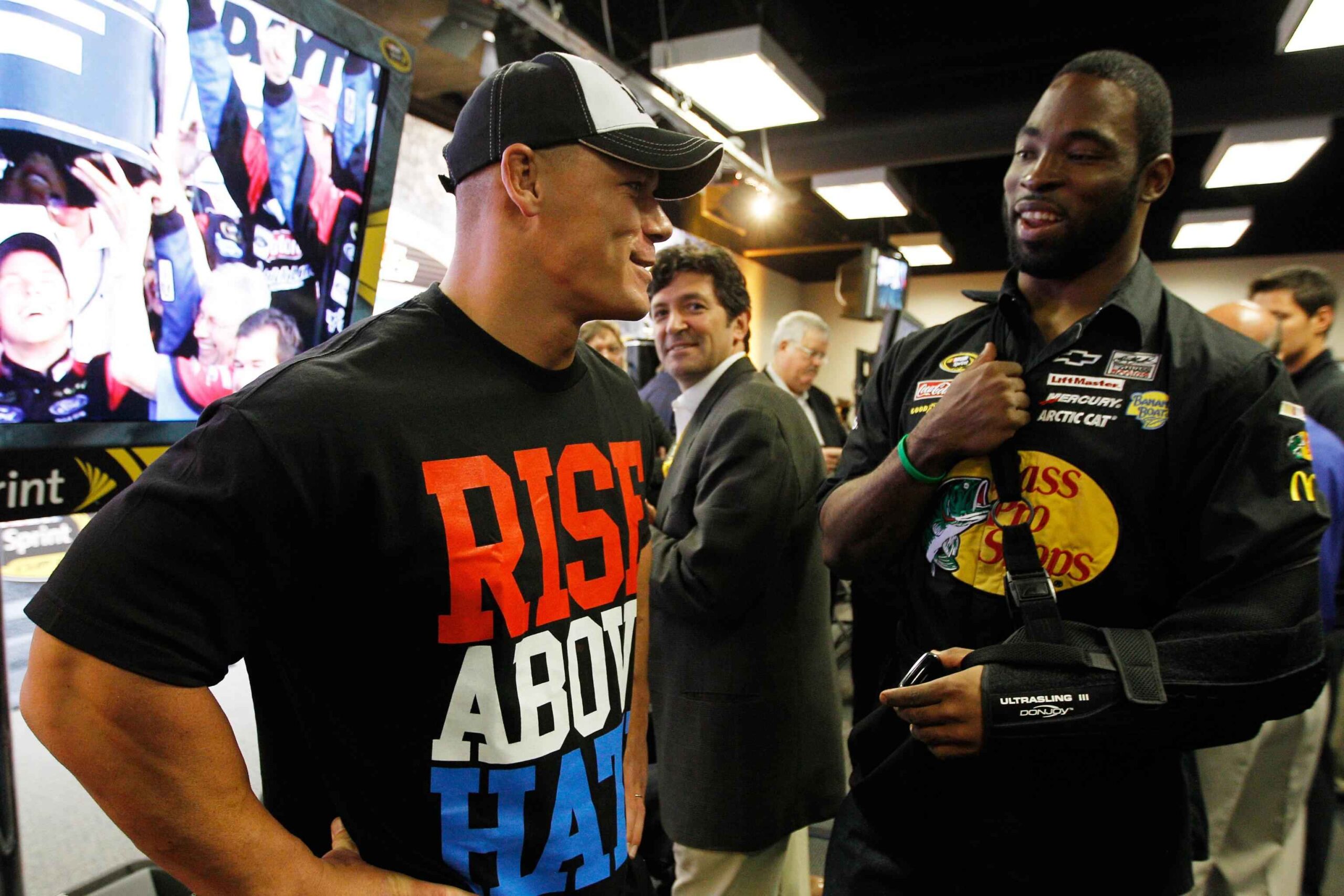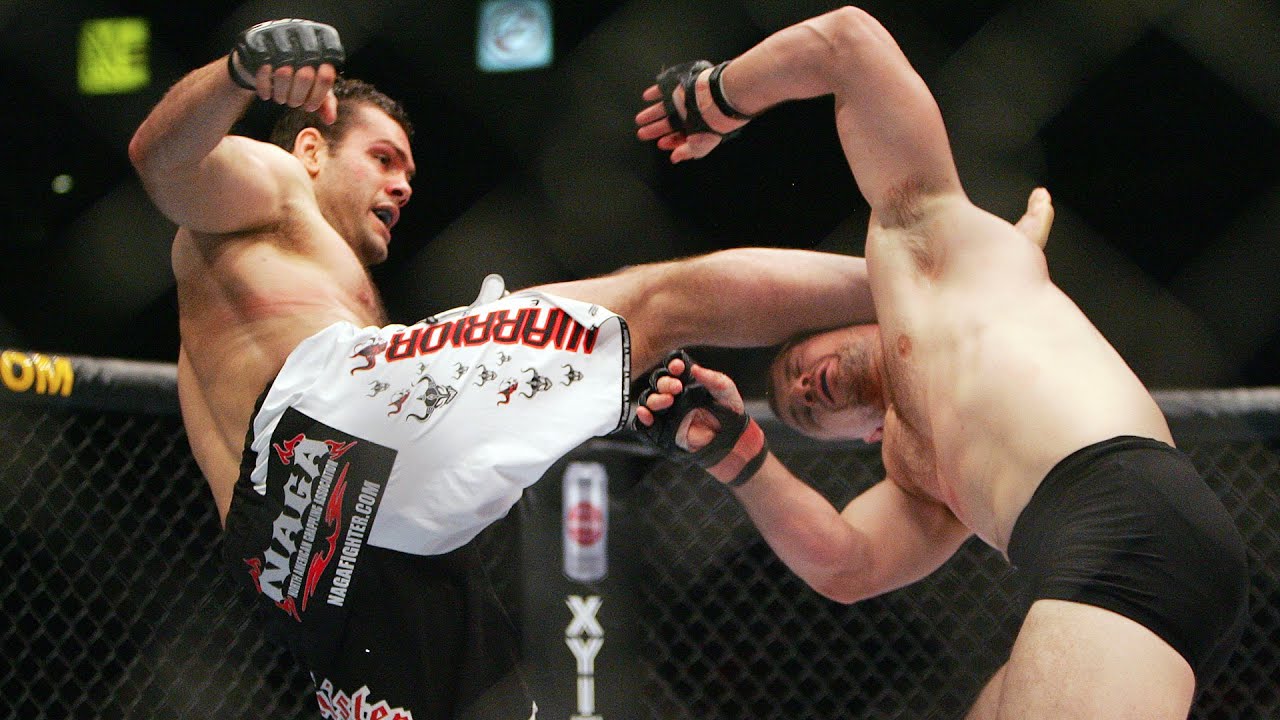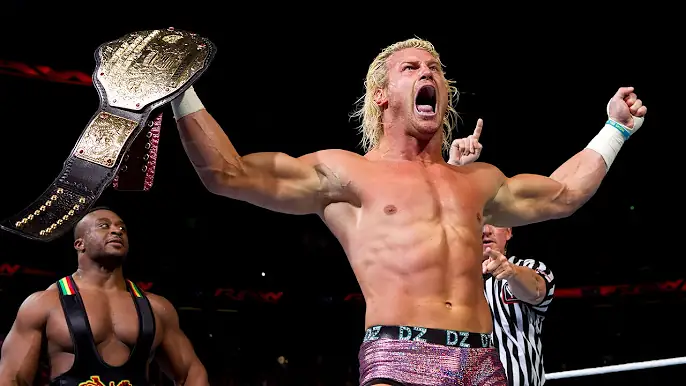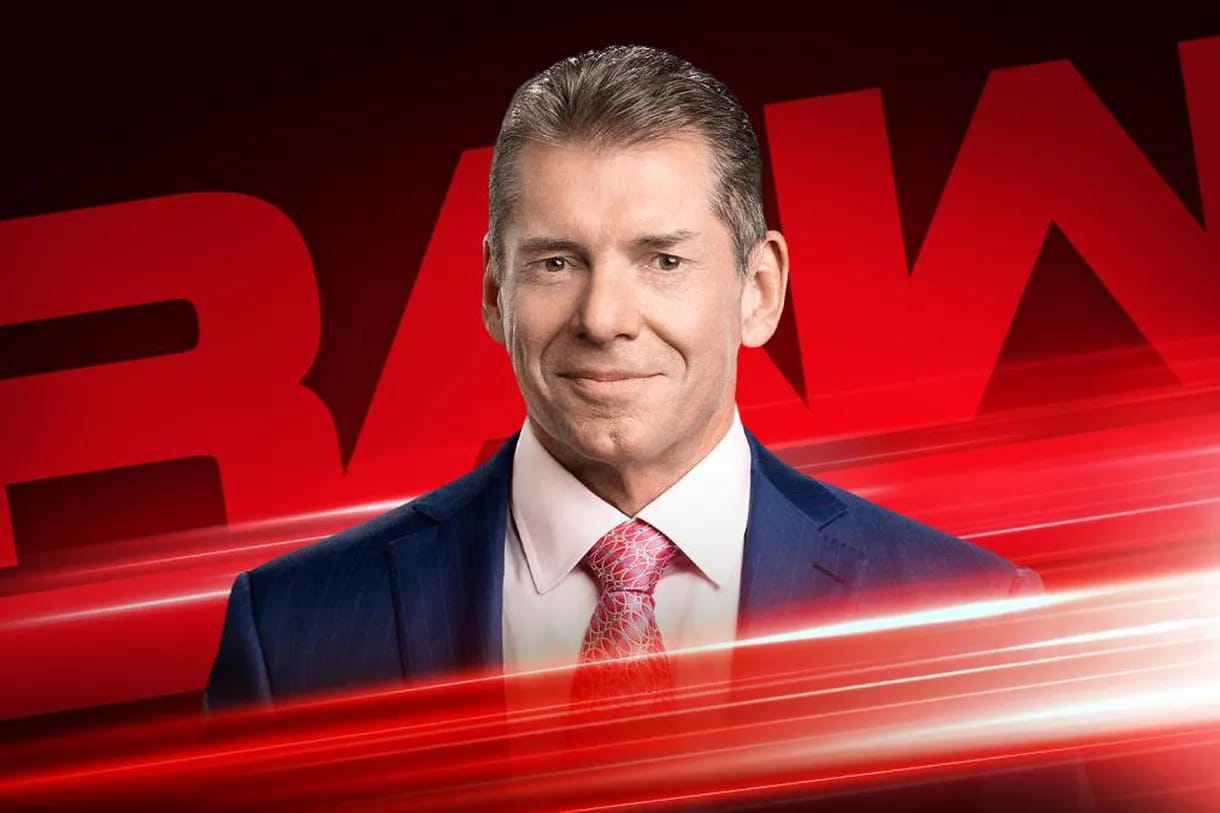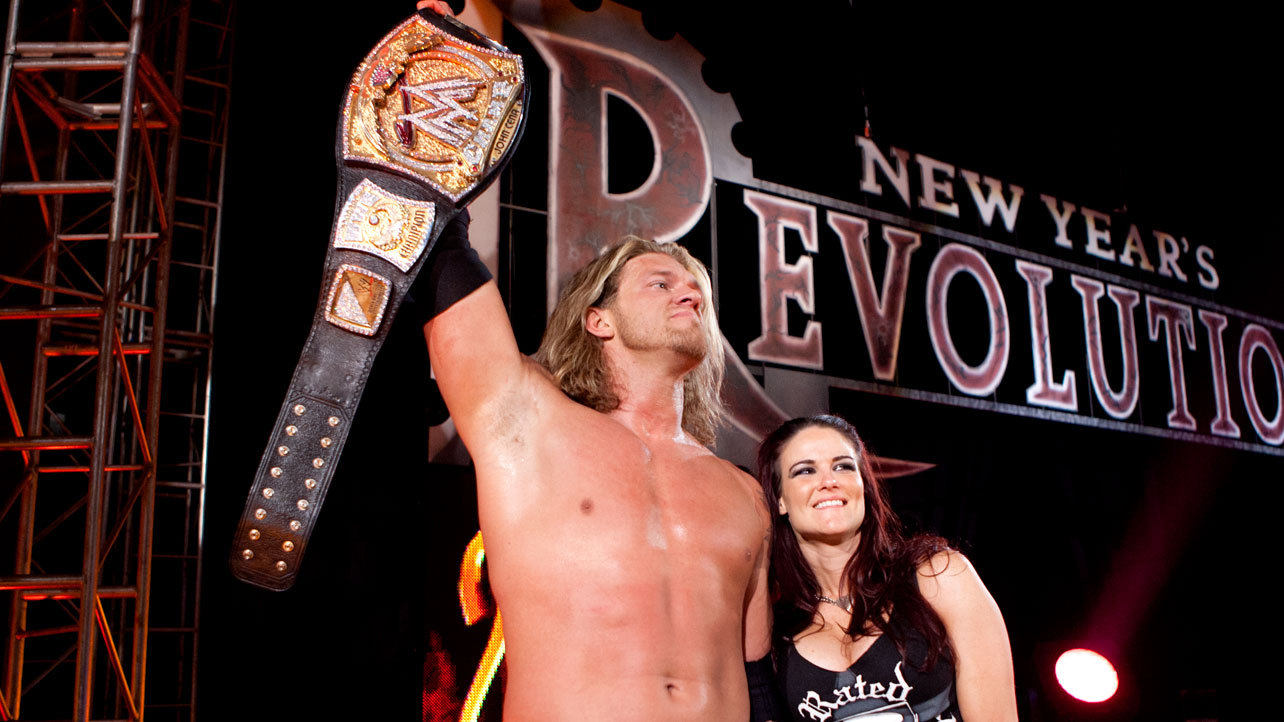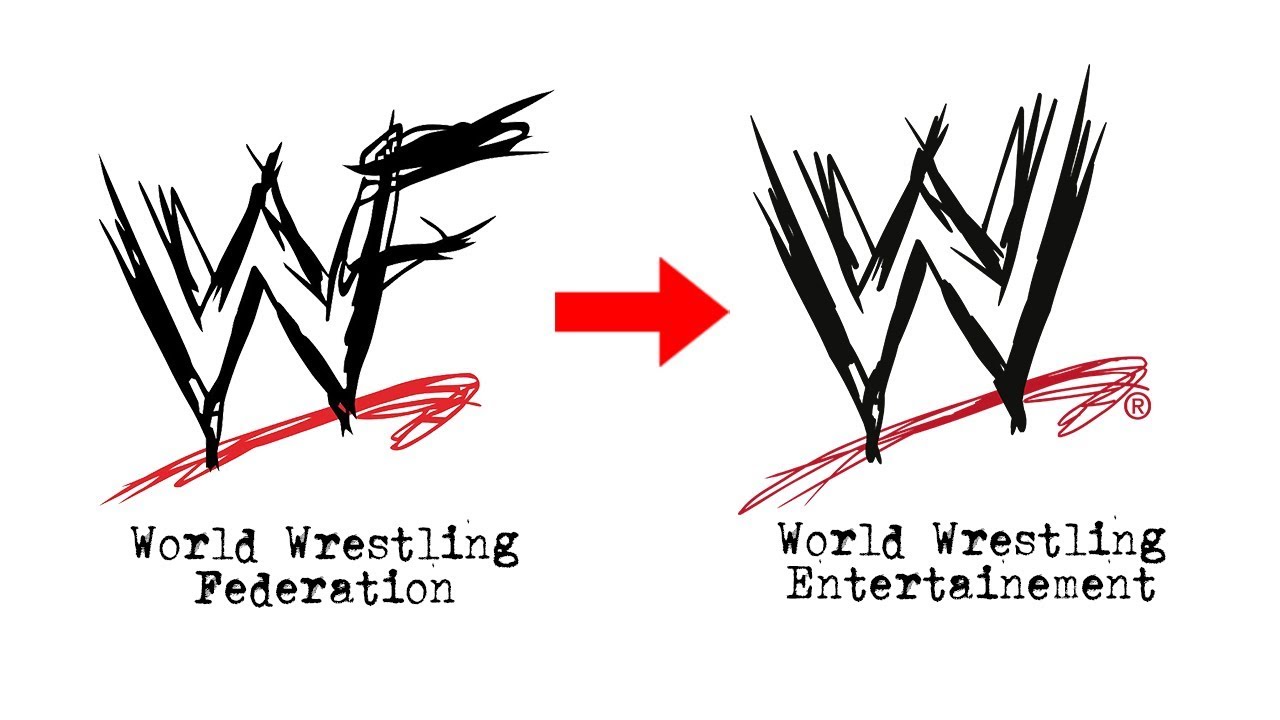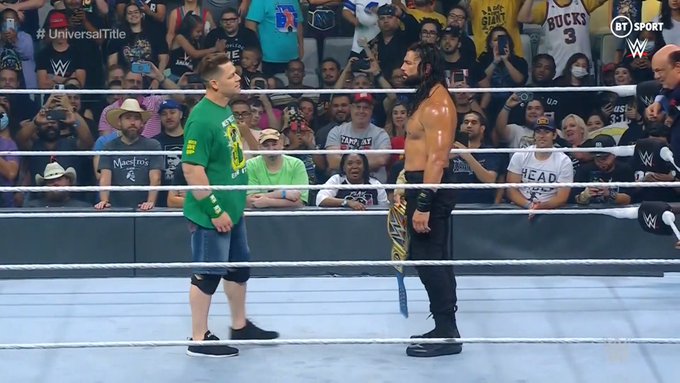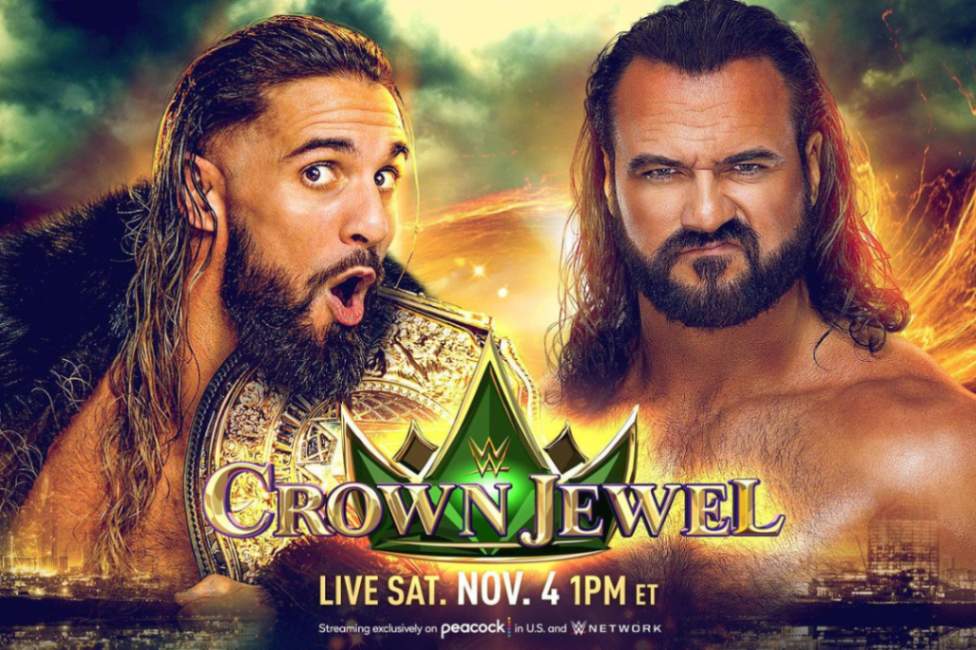Mental And Physical Toll: How WWE Superstars Cope With Constant Travel
The roar of the crowd, the glint of lights, and adrenaline-fueled spectacle—that’s the image most have in mind when thinking of a WWE Superstar. Behind scripted characters and stage-managed angles, though, is a rough reality: a life of constant travel, bone-rattling brutality, and constant battles with mental burnout. The life of a WWE Superstar is a long distance removed from the glitz and glory often seen; it’s a grueling one that tests both the mental and physical limits. In this article, the lid is taken off to expose the deep cost of constant travel for WWE Superstars, discussing the physical cost, the mental battles, the temptation that lurks in shadows, and survival techniques in such a high-pressure environment.
The Grind: What It Takes to Truly Be a WWE Superstar
The Non-Stop Road: Permanently traveling is the defining characteristic of a WWE Superstar’s existence. Living out of a bag, in and out of airports for 300-plus days a year, and having your home for a matter of days at a stretch isn’t hyperbole. City to city, arena to arena, the pace doesn’t slow down. WWE strategizes routes in an effort to shave down driving times, but the reality is: Superstars spend countless hours in airports, in cars, and in planes, forever apart from family and a semblance of a normal life.
Bodies on the Line: However much the winner of a match may at times seem predestined, the physical cost is not. Every slam, suplex, and high-flying maneuver is bought at a price. Wrestlers willingly subject themselves to a high-impact environment, pushing their bodies to and sometimes beyond the outer limit, night in and night out. The physical cost is constant, requiring enormous strength, agility, and endurance for pain that would be unimaginable to most. Even a newer generation acknowledges the brutal truth. One of the wrestlers admitted that after a typical match, soreness persists for an exhausting three days, a nagging reminder of the cost in flesh and blood.
The Mask and the Man: Wrestlers in the WWE are not mere athletes but performers, embodying larger-than-life characters who captivate an audience. But such perpetual performance, such blurring of the in-character and real-life personality, can have a profound psychological toll. To become a specific character, to react to fan demand, and to maintain a constant public face can become tiring, with an ongoing tension between work and life.
The Physical Fallout: More Than the Highlight Reel
A Catalog of Suffering: There can be but violent physicality in a career of professional wrestling, and with it, injuries follow. There are minor sprains and strains, and then career-changing breaks and concussions, and with them, a constant companion: the risk of getting injured. High-impact moves and repetitive strain over a period of years have a price, and with them, long-term aches, arthritis, and long-term medical conditions follow. To make a spectacle, long-term bodily well-being must sometimes pay its price.
The Enemy Within: Sleep Deprivation and Restoration: The touring schedule continually disrupts sleep patterns and minimizes recovery time. Unpredictable sleep patterns, ongoing jet lag, and the adrenaline rush of competition all lead to chronic fatigue. Insufficient resting degrades the body’s ability to recover, increases vulnerability to injury, and slows overall performance.
The Mobile Gym: Staying in Tip-top Shape on the Road: Despite the hardships, WWE Superstars have a responsibility to maintain tip-top shape when traveling. That requires unimaginable discipline and dedication. Looking for proper gyms in new towns is a daily search. On top of that, they must closely monitor their diets and exercise routines in an attempt to stay in shape and maintain their competitive edge. Some wrestlers have even gone so far as to book private chartered buses in an attempt to have additional room, manage their tour schedule, and have room to sleep during trips—a reflection of the extreme efforts that go into enduring.
The Mental Conflict: Something Greater Than Suffering
The Pressure Cooker: Performance Anxiety: Performance anxiety can become debilitating, stemming from having to deliver exciting performances night in and night out. Fear of disappointing the fans, of committing a wrong move, or simply not being talented enough can become a constant undercurrent of tension and anxiety. Added to that is that their career is forever in limbo, at the mercy of being able to consistently deliver and entertain.
The Lonely Road: Isolation and Loneliness: To the surprise of many, the life of a professional wrestler can be extremely isolating despite all the fame and adoration. All the traveling, long periods of time away from family and friends, and superficial, glitz-filled existence of a wrestler can cause one to feel intense feelings of loneliness and disconnection. Maintaining solid relationships is an actual challenge amidst the chaotic storm of existence in a wrestling life.
The Shifting Sands: Celebrity and Identity Crisis: Celebrity that derives from being a WWE Superstar is fleeting, and the pressure to stay current in a constantly changing industry can be overwhelming. The fear of being replaced, of losing one’s spot, and of becoming obsolete in an ocean of fresh talent generates an undercurrent of tension and doubt, permeating private and working lives. Wrestlers tirelessly work to maintain, but nothing is permanent, and needing to be on top is a continuous pressure.
Temptation’s Grip: The Shadows Behind the Limelight
A Dangerous Terrain: Substance Abuse: All that tension, aches in the body, and mental misery can make a WWE wrestler vulnerable to substance abuse. With drugs and alcohol being readily available in most urban areas and a willingness to escape life in the wrestling world, a path of peril can unfold. Substance abuse can go out of control in no time and then contribute to whatever aches and mental misery one is already having.
Relationships Under Fire: Personal relationships suffer under the grueling pace of constant travel. Long periods of distance can drive a wedge between couples and family, eroding trust and intimacy. Healthy relationships require constant work and dialogue, and these can become exceedingly difficult in the midst of the chaos surrounding a life in the mat room. It is not at all unusual for many families to go for weeks, even months, between in-person encounters and use technology to maintain contact with one another.
The Mirror’s Deception: Conformity: There is a lot of pressure in the world of wrestling to have a certain build, spurred on by a view that one with “the proper” looks will have a better chance at success. It can lead to unhealthy and even life-threatening actions, including taking performance drugs and steroids. Wrestlers will at times have a desire to become an unachievable ideal, compromising overall well-being and health in a quest for a fleeting competitive edge.
Finding a Lifeline: Strategies and Coping Mechanisms for Survival
Constructing a Fortress: Building Strength in Support: Many WWE Superstars rely on a strong support group to cope with the strains of their high-energy life. This includes family, friends, and fellow wrestlers who understand the unique strains and sacrifices involved in the job. Sharing experiences, offering encouragement, and a feeling of camaraderie can help to alleviate feelings of aloneness and tension.
Anchoring to routine: Having a routine can instill a sense of security in the midst of perpetual chaos in traveling. Having a routine can mean having a routine for exercise, healthy foods, and resting times. Having a routine keeps one healthy both physically and mentally, with a sense of familiarity and a sense of being in control in life in motion.
Seeking Professional Help: Prioritizing Mental Health: Understanding the significance of mental health, more WWE Superstars are turning to therapists or counselors for professional help. Therapy offers a confidential and secure environment to talk about difficulties, build coping mechanisms, and resolve underlying problems that lead to stress, anxiety, and depression. Asking for help is a sign of strength and not weakness and can be essential for ensuring long-term mental health.
Taking Control: Inventing Solutions for Travel: Some WWE wrestlers have taken proactive approaches to counteract the damaging impact of traveling. For instance, taking private bus tours for a less hectic form of transportation, controlling accommodation in a manner that brings comfort and familiarity, and scheduling out their itinerary in a manner that maximizes downtime and rejuvenation. All these actions say a lot about taking care of oneself and taking charge of one’s hectic life.
WWE’s Role: A Responsibility to Protect
The Wellness Program: Establishing a Health Foundation: WWE has initiated a Wellness Program designed to promote and preserve its performers’ overall wellness and well-being. In its wellness campaign, the corporation incorporates drug testing, medical evaluation, and access to substance abuse and mental health treatment. The Wellness Program will function to preserve a healthy environment and healthy options and interventions for performers in need.
Investment in Mental Health: WWE has gone a long way in providing mental health care for its talent. This includes access to therapists, counselors, and groups, and educational programs to raise awareness about mental health issues. With a mental wellness focus, WWE aims to reduce the stigma of seeking help and enable its Superstars to manage their mental well-being.
Evolving the Schedule: Recognizing the strain of the demanding schedule, WWE made efforts to reduce the burden on its performers. That includes fewer days of consecutive traveling and more downtime between events. All these aim to provide WWE Superstars with more time for resting, rejuvenating, and spending time with family, enabling a healthy and long-term work-life balance.
Conclusion: Beyond the Glamour, A Human Story
The life of a WWE superstar is a high-strung and demanding one, a far cry from its glitz and glam in its public face. All that constant traveling, the punishing physical toll, and relentless mental strain have a deep impact both in and on its performers’ minds. Regardless of actions taken by WWE, its performers’ hardships will not abate, and its performers’ well-being will depend on a combination of individual resilience, supportive networks, and a continued commitment by WWE to make its performers’ well-being and welfare a top concern. By seeing and acknowledging its performers’ real hardships and providing them with proper tools and care, its performers can have a safer and healthier future in a career that will enable them to make its fans happy for many years to come.
